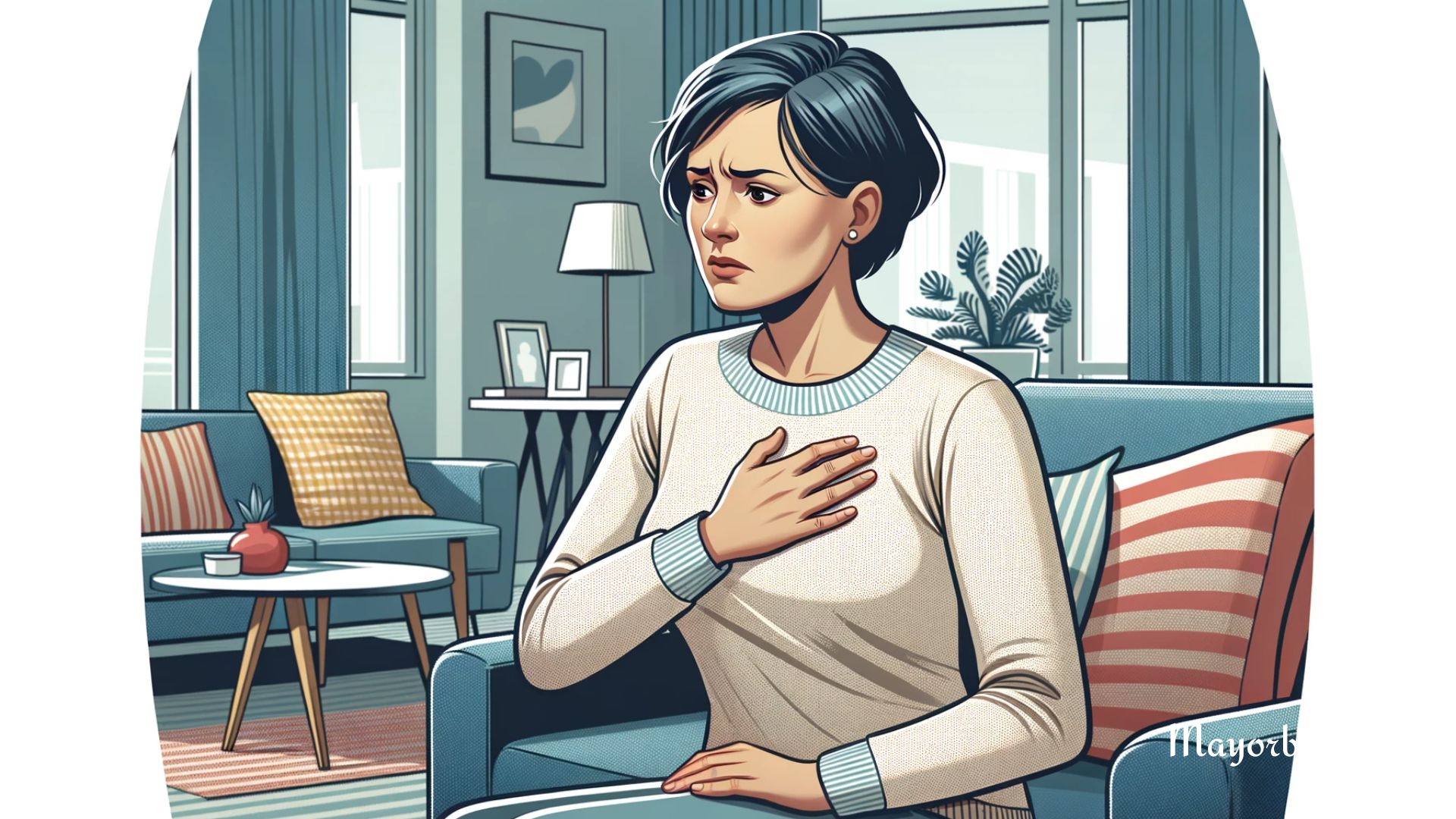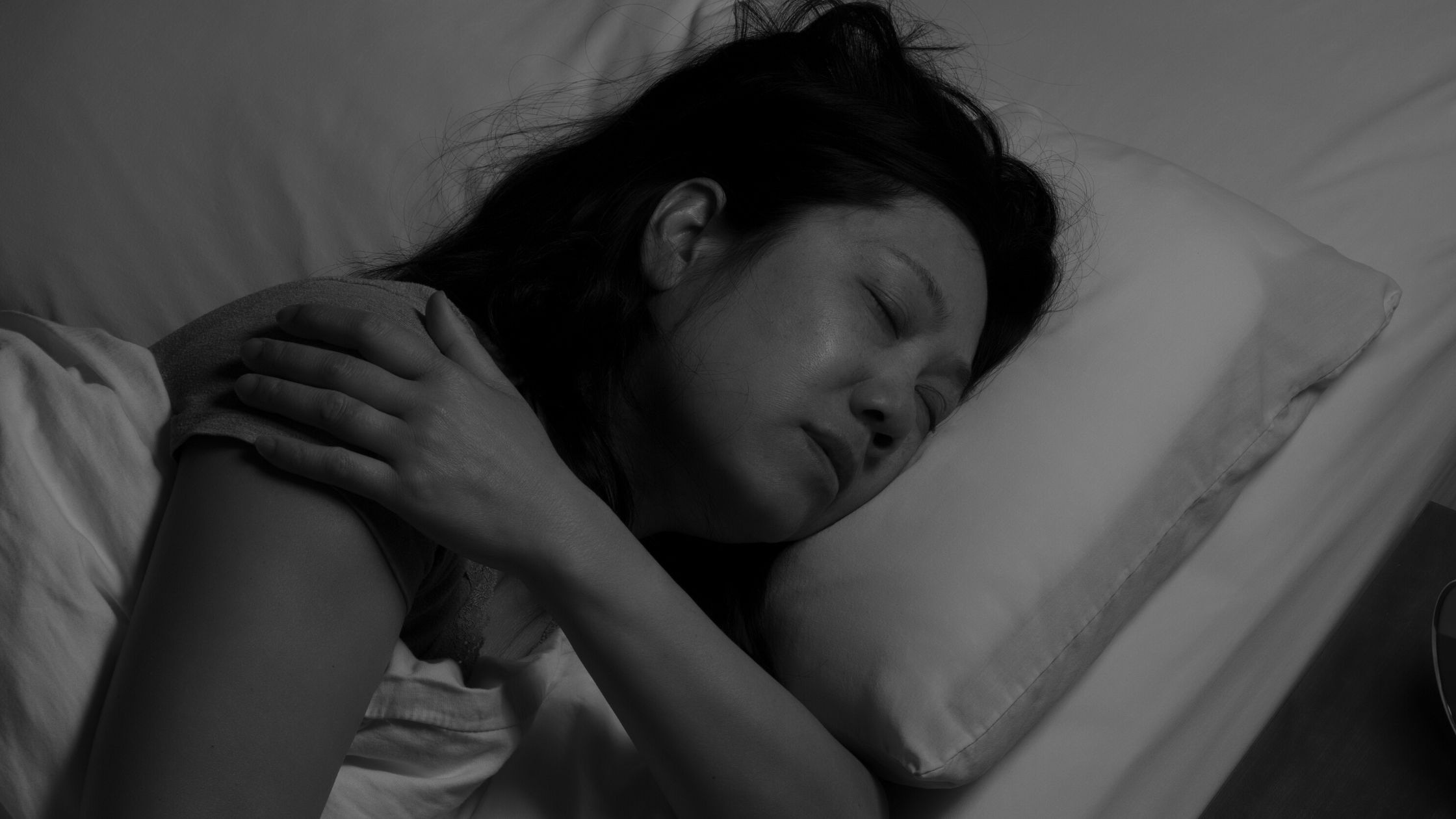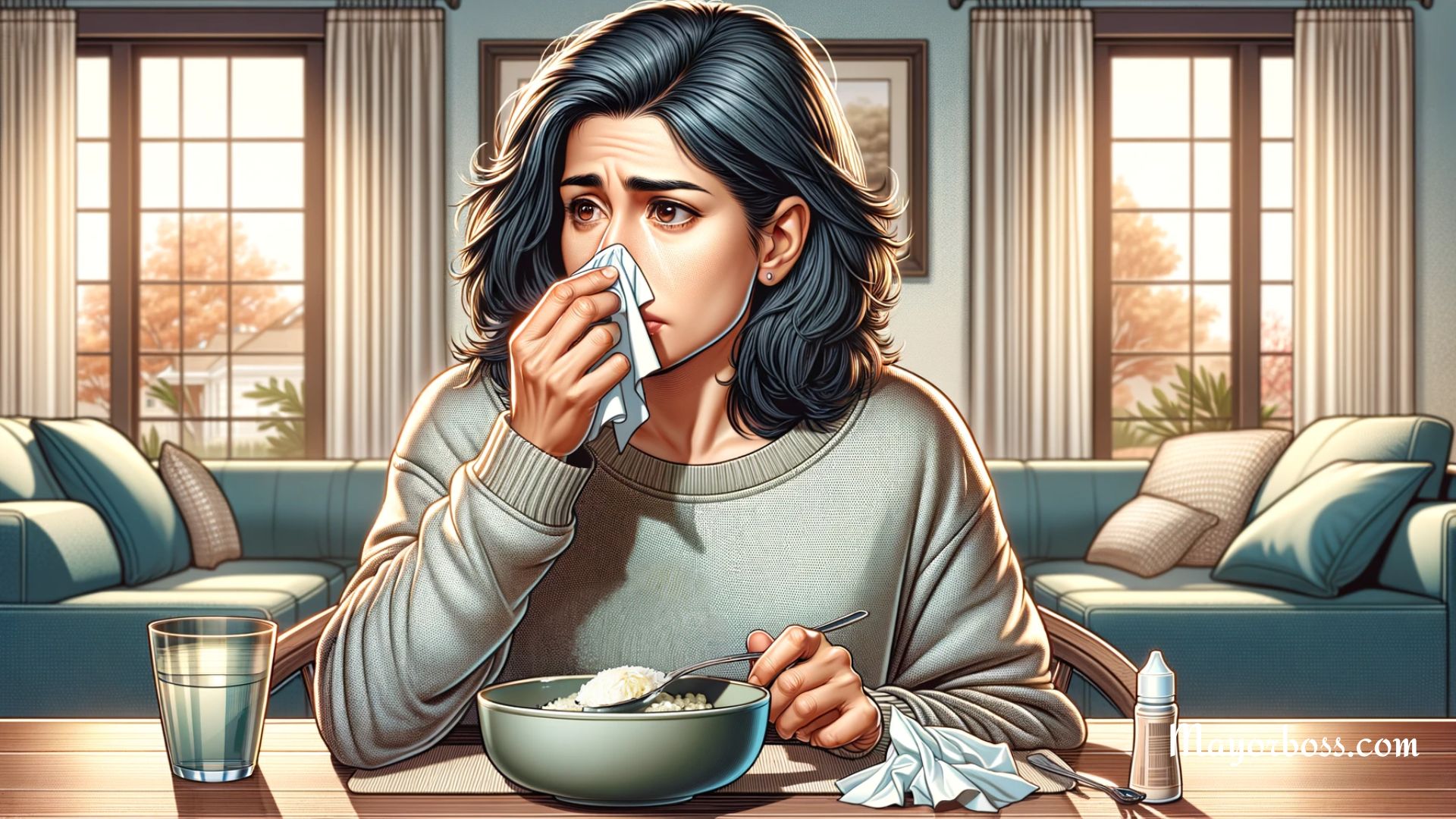Blocked Arteries at Night: 5 Warning Signs in Your Legs and Feet
Blocked arteries can be a serious problem, particularly when they affect your legs and feet. They can lead to poor blood flow and discomfort, especially at night. Here are some of the main symptoms that might happen at night if you have blocked arteries in your legs or feet.

Leg Pain That Wakes You Up at Night Could Be a Sign of a Blocked Artery
One common symptom of blocked arteries in your legs is leg pain at night. This pain often gets worse when you’re lying down because blood flow decreases without the help of gravity. This can cause you to wake up frequently, feeling pain in your calves, thighs, or feet. You might feel better if you let your legs hang over the side of the bed or stand up, as this helps improve blood flow to your legs.
Your Feet May Feel Cold Even When the Room Is Warm
Another sign of blocked arteries is cold feet at night. If your feet are much colder than the rest of your body, even when you’re warm in bed, it could mean that your blood is not flowing well because of a blockage. Poor blood flow can make your feet feel very cold, and it might not get better even if you use warm socks or blankets. If only one foot feels cold or if one foot looks a different color, it is especially important to get it checked out by a doctor.
Leg Cramps at Night
Leg cramps, especially in the calves, thighs, or buttocks, are another significant warning sign of blocked arteries. These cramps happen because not enough oxygen-rich blood is getting to your leg muscles. During the day, moving around helps blood flow, but at night, when you are not moving, your legs might not get enough blood, which can cause painful cramps. Many people describe these cramps as a tight, squeezing pain that can be very intense and wake you up.
Open Sores or Wounds on Your Feet That Won’t Heal
Blocked arteries can also cause sores or wounds on your feet that do not heal quickly. Without enough blood flow, your body cannot deliver the nutrients and oxygen needed to help heal wounds. These sores, also called ulcers, can be very painful, especially at night when blood flow slows down even more. If you notice sores that are not healing or are getting worse, you should see a doctor right away, as this could mean you have severe peripheral artery disease (PAD).
Numb or Tingling Feet
A numb or tingling feeling in your feet at night can also be a sign of blocked arteries. This feeling, often called “pins and needles,” happens when blood flow is restricted and your nerves are not getting enough oxygen. This can make it hard to fall asleep or stay asleep. If you often feel numbness or tingling in your feet, it is important to talk to your doctor about your blood circulation.
If you have any of these symptoms at night, it is important to see a doctor as soon as possible. Peripheral artery disease (PAD) is a condition that needs medical attention to prevent serious problems, like infections or even losing a limb. Your doctor might suggest lifestyle changes, medications, or even procedures to help improve blood flow to your legs and feet.






